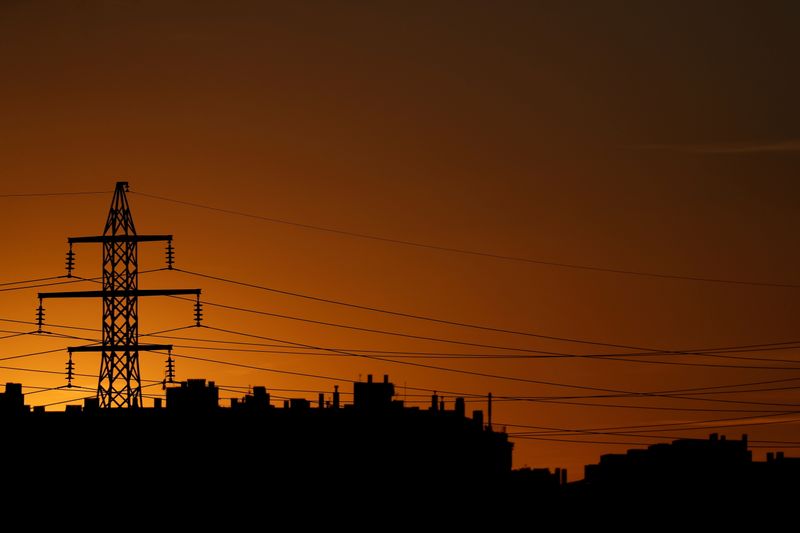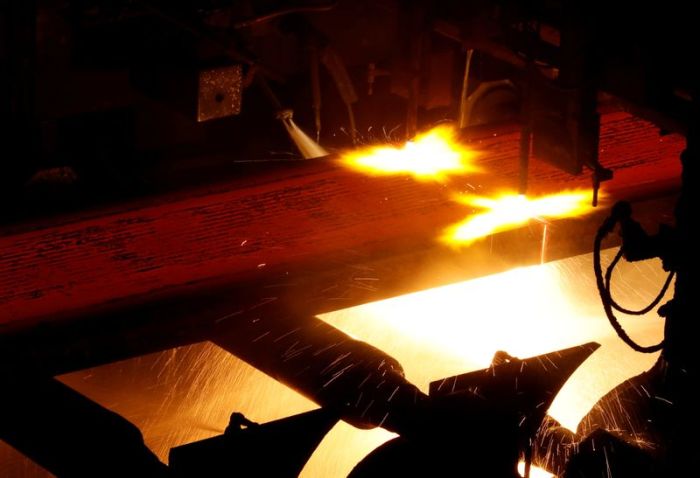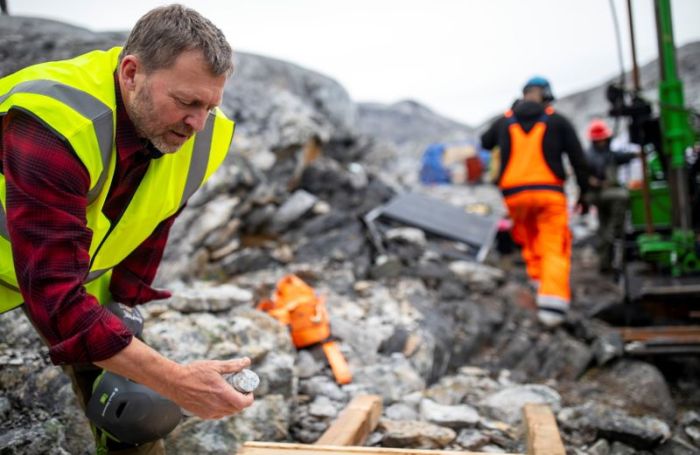MADRID (Reuters) -Spain plans to introduce “additional measures” to a newly approved bill, opposed by some firms and investors, which reclaims some power company profits in a bid to protect consumers from sky-high energy prices, Prime Minster Pedro Sanchez said on Thursday.
“We will achieve (reasonable prices) with the measures we’ve taken and others we could yet take,” Sanchez said, adding utilities which do not derive extraordinary profits linked to gas prices will be spared from the decree ratified on Thursday.
The idea of a centralised buying process in which European countries negotiate and acquire gas reserves jointly is gaining ground in Brussels, Sanchez said in a TV interview, noting that the process was “unfortunately still slow.”
Sanchez’s comments regarding possible additional measures to be adopted in the future echoed those of his Energy and Environment Minister Teresa Ribera earlier on Thursday.
Companies including wind energy leader Iberdrola have complained to the European Union about the decree, part of Spain’s response to a global spike in power prices caused in part by high demand from economies recovering from COVID-19, and low gas stocks.
“Gas supplies from Algeria are guaranteed – although we do have a geopolitical conflict,” Sanchez said. “It would be more guaranteed if we had a strategic European reserve.”
The claw-back bill originally envisaged skimming some 2.6 billion euros off the companies’ earnings, but the cost is now likely to be higher because it is linked to gas prices that have climbed even further since it was introduced.
Ribera told lawmakers she hoped to come up with “additional measures” in the coming weeks, adding on Twitter that these would give “reasonable prices to industry and more protection to vulnerable consumers”.
She gave no further details on what the additional measures could be but shares in the most-affected companies nonetheless recovered some of the ground they had lost since the decree was unveiled.
Iberdrola shares traded up more than 2%, having previously shed 7.5% of their market value since mid-September. Enel unit Endesa, which unlike Iberdrola operates only in Spain, climbed more than 3%, having previously lost more than 10%.
“It is a positive message to give regulatory security and speed up the energy transition, but my question is whether the approved regulation could bring about precisely the opposite,” said Fernando Garcia, director of European utilities equity research at RBC Capital Markets.
After a heated debate, Congress ratified the decree with 182 votes in favour and 150 against, although the regulation was technically already in vigour.
(Additional reporting by Jesús Aguado, Belen Carreno and Clara-Laeila Laudette; Editing by Kirsten Donovan and David Gregorio)

























